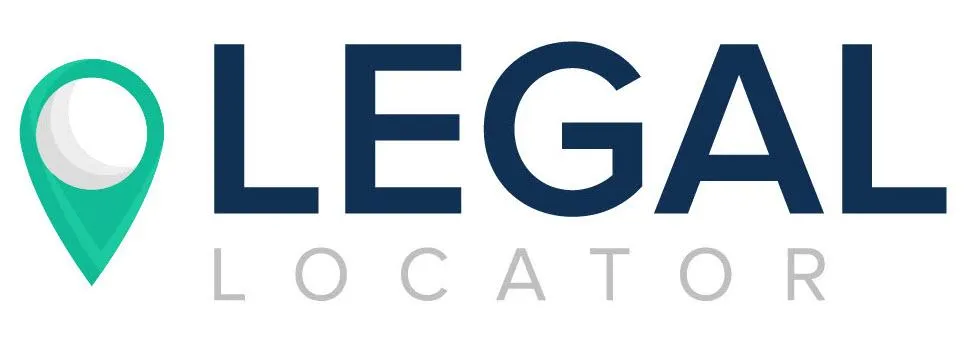Why Pay-Per-Lead Is Growing Among Law Firms
Why Pay-Per-Lead Is Growing Among Law Firms
Legal advertising is competitive, and pay-per-lead for lawyers is no
exception. Historically, the most lucrative time to use lawyer advertising
methods has been when the tool or technique is just coming into it own on the market.
There's still competition early on unless you're really in new territory. However, early adopters do tend to see better returns on their investment than those who come in once the market is saturated.
We have seen this with television advertisements, blogging, and pay-per-click ads. We are now seeing it in pay-per-lead In fact, PPL has been around for long enough that it looks like returns are going to be more predictable going forward.
In this article, we will talk a little bit about what
pay-per-lead is and why it is becoming more popular in the legal profession.
Here are the topics we'll discuss:

●What Makes the PPL Model Different?
●How Do You Use PPL?
●Which Types of Firms Should Use Pay-Per-Lead for Lawyers?
●The Straightforward Nature of PPL
●Increasing Support from Major Advertisers
Let's take a deeper dive into those points. We'll explain the following topics
in this article
● What Is PPC?
● A Look at Pay Per Call
● How Pay Per Call Benefits Your Firm
● Why It's Hard to Manage a PPC Campaign
● Pay Per Call Leads as a Results-First Approach
● How To Make the Most of Pay Per Call
● Balancing Different Advertising Tools
What Makes the PPL Model Different?
In order to understand what makes the PPL model different, it is important to talk about some other popular advertising and lead
generation models. Specifically, we're going to look at pay-per-click.
PPC advertisements are the most familiar internet ads. These types of ads typically charge you when someone clicks on an ad that appears in search results. You design the advertisement, you write the copy, you run the campaign — essentially you are responsible for every aspect of the planning and execution of this type of ad. Even if you have an advertising or marketing professional working for you, they will be running this campaign themselves.
This differs from pay-per-lead. In PPL, the lead provider controls the ads (or the affiliate programs, directories, legal encyclopedias,
or other sources of leads) and passes the information about potential clients on to you. This means you simply get leads and do not have to worry about impressions, website visitors, and other more conventional internet marketing metrics.
How Do You Use PPL?
On the face of it, using PPL is relatively straightforward. You contract with a lead provider or subscribe to a service and you start
getting leads delivered to you. However, using PPL in a smart way is slightly more involved than that. Here are some ways you could increase your ROI from PPL:
●Streamline your client intake processes. More responsive client intake teams tend to yield better results, which is especially
important given the higher relative cost of PPL. You might also want to consider some of the unique aspects of PPL when deciding how to handle leads from this particular source.
●Determine whether PPL is right for your firm. We will go into this in more detail later on in this article, but you can also contact us at Legal Locator for a personalized assessment. We have a results-oriented approach to forming relationships with new clients and will tell you outright how and whether we believe PPL could help you.
●Only buy the number of leads you need. This can be complicated due to the subscription models of some lead agencies. Try to find providers that allow you to either set campaign budgets or change the number of leads you get on short notice. Many, but not
all, will offer month-to-month options.
Which Types of Law Firms Should Use Pay-Per-Lead for Lawyers?
Most law firms could benefit from buying leads, but few would want to make this the only strategy to use in terms of business
development. While PPL can be effective, it also does not cultivate any permanent online presence.
One of the reasons that PPL is growing is because it tends to be effective for firms that advertise heavily. An example is personal injury
law firms.
These competitive, lucrative areas of law practice tend to reward attorneys who follow up quickly and cannily on every new lead that comes their way. Lawyers in these areas already have established skills and business procedures that make the most of PPL, such as
the ability to match clients with the law firm during intake. As such, they tend to be in the best position to profit from this advertising method.
A very small slice of lawyers don't want to build much of an online presence — they would also be prime candidates for investing heavily in PPL. Finally, young firms are using PPL to get a jump start while building up their websites, refining advertising campaigns, and developing word-of-mouth referral networks.
The Straightforward Nature of PPL
One of the prime virtues of pay-per-lead for lawyers is that it is relatively straightforward. You simply sign up for the types of cases you would like to see and wait for the leads to start arriving.
This is probably something that will continue to contribute to the success of PPL in the legal profession. Unlike other forms of
advertising, which are simple to adopt and difficult to master, PPL is relatively simple to understand, integrate, and manage. For practices already short on time and human resources, this is likely to be an attractive prospect.
Increasing Support from Major Advertisers
Probably the biggest boon to the popularity of pay-per-lead for lawyers has been the recent adoption of the model by major advertisers, namely Google. Google's PPL product is a local service directory that is made up of vetted service providers and served to people searching for help near their geographic location. It's called "Local Services Ads", and it somewhat recently became available for nearly all types of law offices across the United States.
As more attorneys complete the prequalification process for this program and the others that will likely follow, we predict that the PPL
model in general will continue to rise in popularity. Attorneys will learn how to make the most of it, advertising markets will continue to stabilize, and everyone involved will appreciate the simpler, more transparent process.
To get started or to learn more about pay-per-lead for your law firm, please reach out today. Call Legal Locator directly at 888-312-2953 or contact us through our online form at any time to schedule a consultation.









